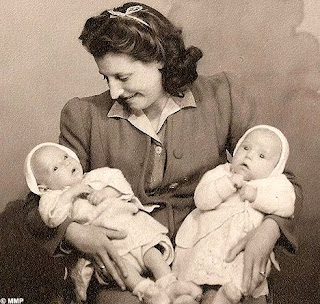Research Topics Are Due
 We have to turn in our research ideas tonight and I suspect we will go around the room again and each person will talk about his/her project and that will be not so much fun, and I don't want to go because I don't really have three concrete ideas, not to mention not having three ideas for how to pursue it. How do you do that with a short story? It's not really a natural process, at least not for me.
We have to turn in our research ideas tonight and I suspect we will go around the room again and each person will talk about his/her project and that will be not so much fun, and I don't want to go because I don't really have three concrete ideas, not to mention not having three ideas for how to pursue it. How do you do that with a short story? It's not really a natural process, at least not for me.Someone in our first Philadelphia Stories fiction writing class said that she is obsessed with twins. Another person added that people who are left handed had a twin in the womb who died. I find that hard to believe, but awesome if it's true. I have my three research topics, but am not super interested in any of them--like, somewhat interested, but I don't know that I want to read books and books about the topics. I remember that my friend in Chicago, Annie, had a thing about scleroderma (that's the disease where your skin and organs starts hardening until you suffocate. I think). I like to read stories about animals, I guess. Maybe I could copy the premise of Love in Infant Monkeys, by Lydia Millet. It's a collection of short stories where each one centers tangentially around animals and famous people. Here's the blurb from the website about the book:
Lions, rabbits, monkeys, pheasants all have shared the spotlight and tabloid headlines with famous men and women. Sharon Stone's husband's run-in with a Komodo dragon, Thomas Edison's filming of an elephant's electrocution and David Hasselhoff's dogwalker all find a home in Love in Infant Monkeys. At the rare intersections of wilderness and celebrity, Lydia Millet hilariously tweaks these unholy communions to run a stake through the heart of our fascination with pop icons and the culture of human self-worship.
It's even better than it sounds. But okay, I'll go with what I have: multiple sclerosis, the childhoods of the Mendendez Brothers, and organ donation.
Comments